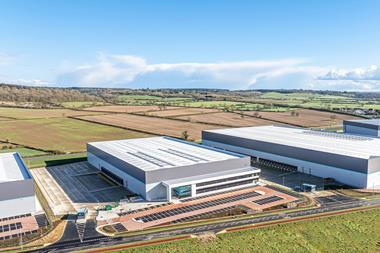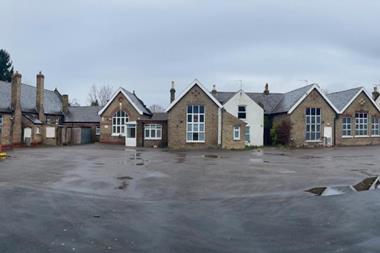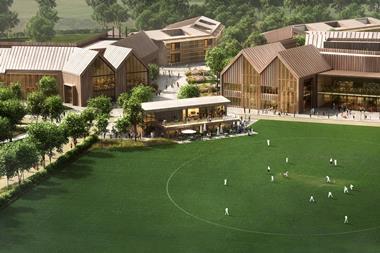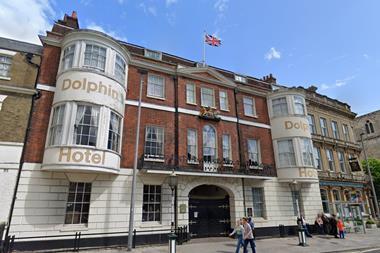This could be the year when Dunsfold Park, near Cranleigh, south of Guildford, moves closer to becoming a village instead of continuing its worldwide fame as the unused aerodrome where BBC Two’s Top Gear speed trials are filmed.

In May, Chris Evans takes over as presenter from Jeremy Clarkson. No one at the BBC will talk about the programme’s new stunts, but it is possible that the Dunsfold course, on which celebrities compete to finish in the fastest time, will no longer feature.
Rutland Group has been plotting a future course for Dunsfold since it bought the
612 acres of former Royal Air Force land in 2002. Since then, Dunsfold has been a saga of failed planning applications followed by unsuccessful appeals.
After the final failure in 2009, a planning inspector said that Dunsfold was too far away from good roads to accommodate 2,600 homes.
But in 2014, two events worked in Rutland’s and Dunsfold’s favour. Waverley Borough Council’s draft local plan stated that development in Dunsfold could help meet the need for 4,000 houses in Waverley. And Trinity College, Cambridge, bought Dunsfold in a deal worth £50m, while retaining Rutland as a development partner.
This April, Waverley District Council will consider Rutland’s planning application for 1,800 homes. The application also includes a care home.
People already work at Dunsfold in former military buildings, and it has consent for six industrial buildings totalling 107,274 sq ft.
In the latest application, Rutland plans to dig up the three runways, turning the dug-up land into a village green. The Royal Canadian Air Force used the runways in World War ll and it was a testing strip for aircraft manufacturers until 1999.
Rutland is also seeking to demolish 86,424 sq ft of aircraft-related buildings.
Before this month’s deadline - set by the council for comments - passed, it had received five objections and support from two people who responded.
Jim McAllister, founder of the Rutland Group, refuses to comment, but said in November when the planning application was submitted that Waverley residents would be helped if Dunsfold provided homes, adding: “The proposals would provide homes for young families currently priced out of the area. It would direct development away from green fields, create new jobs and deliver a range of community facilities and infrastructure improvements.”
If all this is achieved - even with 800 fewer homes than first planned - it will be worth the wait.






























No comments yet